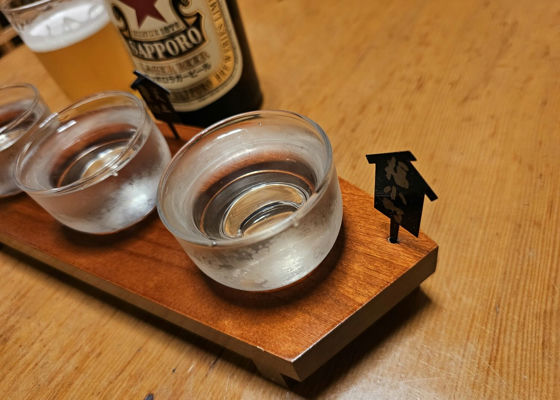
SakenowaRecord your sake experiences and discover your favorites
福小町Fukukomachi
Flavor Chart®
A chart created from flavor analysis of user comments.

Flavor Tags ®
Tags generated from flavor analysis of user comments.
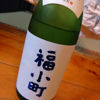
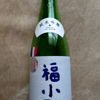
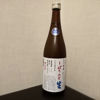
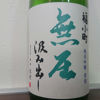
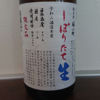
Popular Comments
Souvenirs from a classmate from Akita, Japan, at the end of GW
If you are not sure about Akita sake, go for Fukukomachi! I think it's as reliable as the best Akita sake.
I don't feel much of the Uetatekoso aroma.
The mouthfeel is familiar sweet and tasty, but it has a very different flavor with a crisp acidity. In addition, it has a strong umami flavor, and the taste of umami acidity is something you don't encounter very often. Fukkomachi has a lot of nostalgia!
Thank you for the great meal, and thank you to our colleagues!
Japanese>English
Similar Brands
We analyze the flavors based on everyone's comments and select similar brands.
NanbubijinSimilar Characteristics
Location
2-chōme-1-11 Tamachi, Yuzawa, AkitaOpen in Google Maps
Timeline

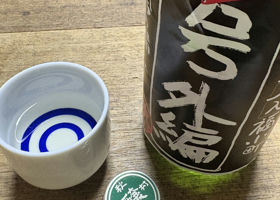
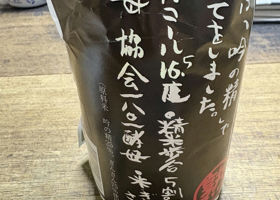
Soyopapa
Just as the label comments 😉.
The umami is coming in with a bang!
Sweet at first, then the acidic umami bursts in and the deep freshness bursts out. ......
It's a pretty big-boned type of wine 🥴.
A recommended bottle that we would like to announce outside of the issue: ❤️
Fruity aroma, just like 1801 yeast 😊.
Japanese>English
Fukukomachi純米60 一回火入れ
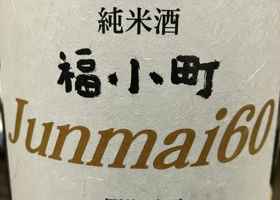
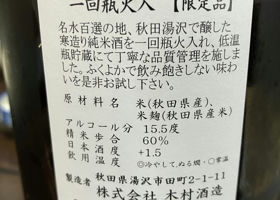
marveltva
Smooth and delicious!
Slightly thick
Japanese>English
Fukukomachi純米吟醸 八反錦

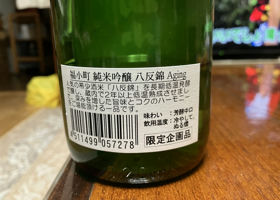
チャチャ
My mom bought it for me and opened a bottle.
Fukkomachi, a local Yuzawa favorite: ❤️
Made with Hachitan Nishiki and aged at low temperature for 2 years.
It is juicy, mellow, and full-bodied 😳 without any of the aged nastiness.
And the pineapple aroma unique to Hachitan-Nishiki 🍍.
Fukkomachi has a good way of bringing out the aroma, and this one really smells too good 😭.
The label is austere, so I think it would be better to make it a little more girly to convey the goodness of the contents 😙.
Japanese>English

Hidamari
.
Japanese Sake Special Junmai Sake
4 511499 048771
Rice polishing ratio 55
720ml alc.16.5%.
Rice (domestic)
Rice Koji (domestic rice)
Isolated yeast
Limited edition
Japanese>English
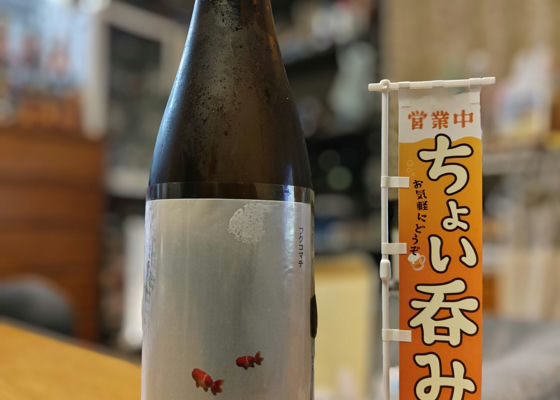
酒呑童子
Today is the first Fukkomachi in a long time. It is not fruity, but the flavor of rice spreads. Let me just say one thing for now. It is delicious! It's a good one 🍶.
Japanese>English
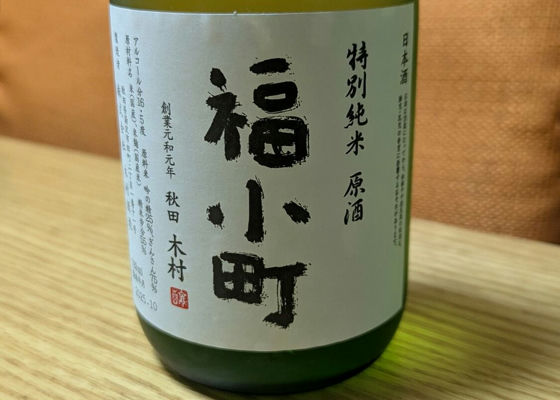
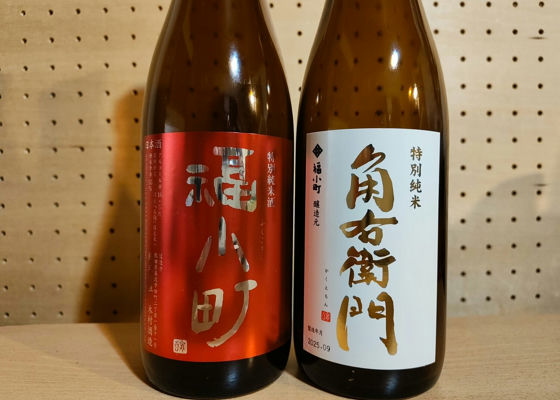
セナゲ
Special Junmai Fukukomachi
Special Junmai Kakuemon
Furusato Tax Returned Item
Fukukomachi is quite robust as a food sake, and Kakuemon is even more robust. Kakuemon is my favorite.
Japanese>English
Fukukomachi純米吟醸 ひやおろし
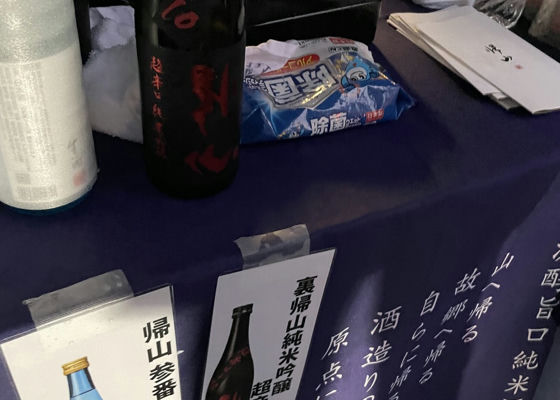
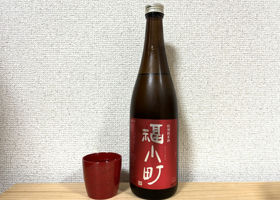
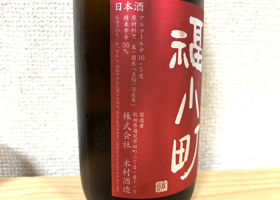
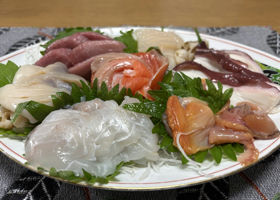
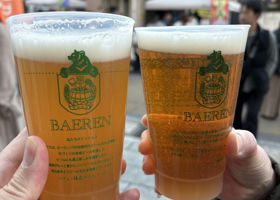
こまっちゃん
I went to Yoichi, which ends in November. It was cold but the local beer was good 😋 so I went home and opened this one this time: 💁♂️
Let's start with the standing aroma. It has a faint aroma of slightly sweet tortoiseshell candy. In the mouth, it has the richness and umami that is typical of sake, while the acidity and bitterness create a crisp dry taste.
Serve with sashimi. It went especially well with the tuna. The fat of the tuna spread in the mouth in perfect balance with the umami and a little bitterness of this sake. It's a 👍 as a food sake. ☺️
Rice polishing ratio] 55
Alcohol content】16.5%.
Pickles] Sashimi
Sashimi】1,400 yen
Japanese>English
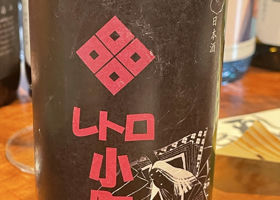
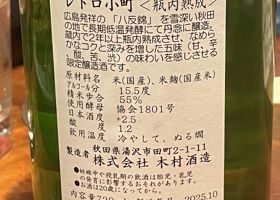
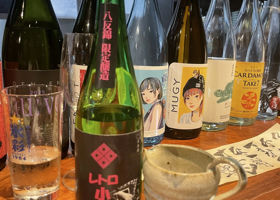
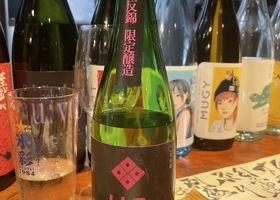
ましらのやまさん
Junmai Ginjo Hachitan Nishiki Retro Komachi
(Aged in bottle) ⭐️⭐️⭐️⭐️
Rice polishing ratio 55%, ALC 15.5 degrees
Yeast: Association 1801
Sake degree +2.5, Acidity 1.2
The aroma of ginjo is only faintly perceptible.
In the mouth, it is a delicious, sharp, slightly dry sake with a mildly sour and bitter taste.
Chigasaki Nari: 20251101
Japanese>English
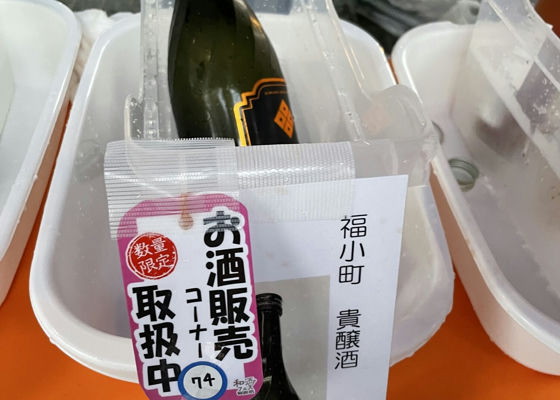
Fukukomachi純米大吟醸 百田仕込み40
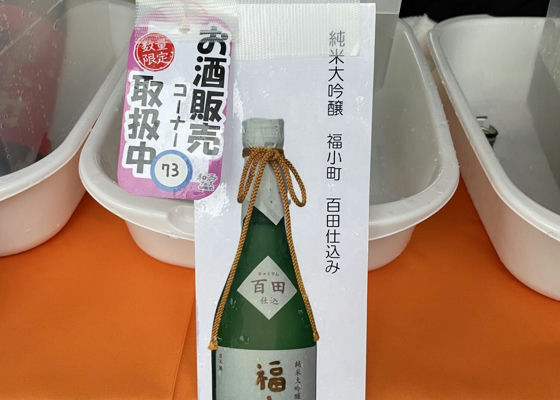
Fukukomachi別誂 特別純米酒
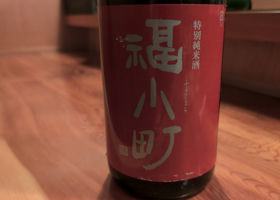
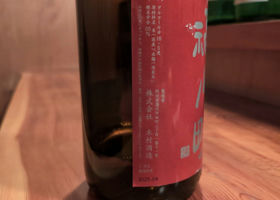
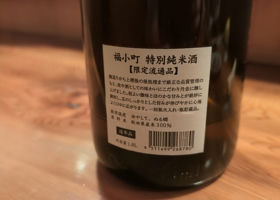
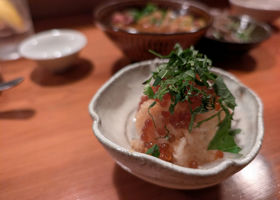
ペンギンブルー
Warmed.
Aroma of sweet rice as if it were freshly cooked.
The sweetness of the rice is full and rich.
A moderate, mild acidity.
Then the umami with a sense of body!
It gives the impression of being a little strong for a mealtime sake.
It is good with strong food.
I like Fukkomachi even when it is warmed up! Just as I thought.
I like it even if it gets lukewarm after warming.
I like it 4.5/5 stars.
Japanese>English
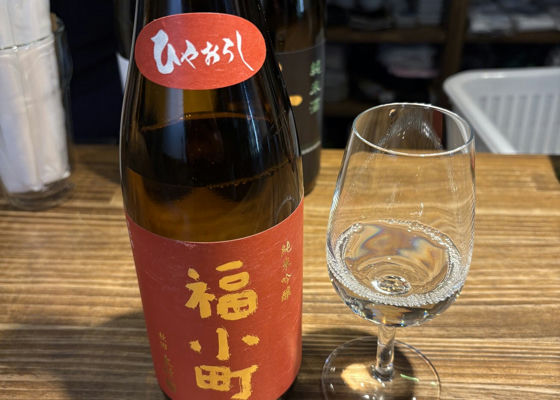
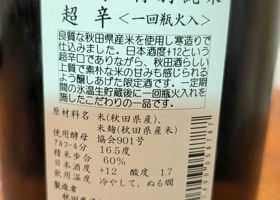
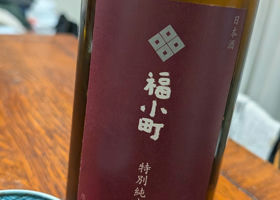
camelfilter1913
Alcohol from today.
Japanese>English